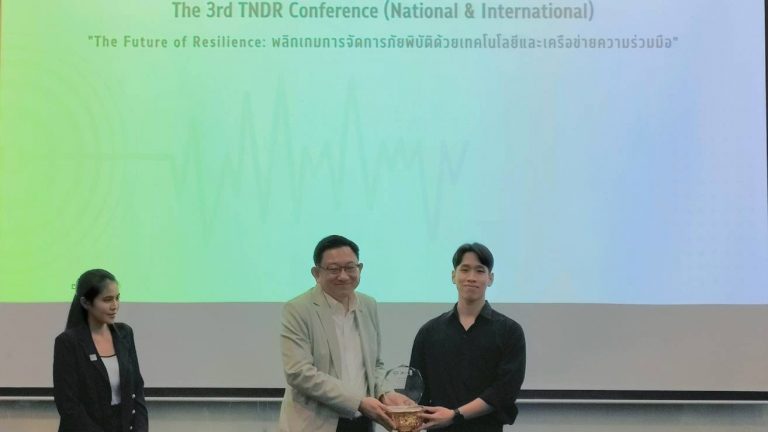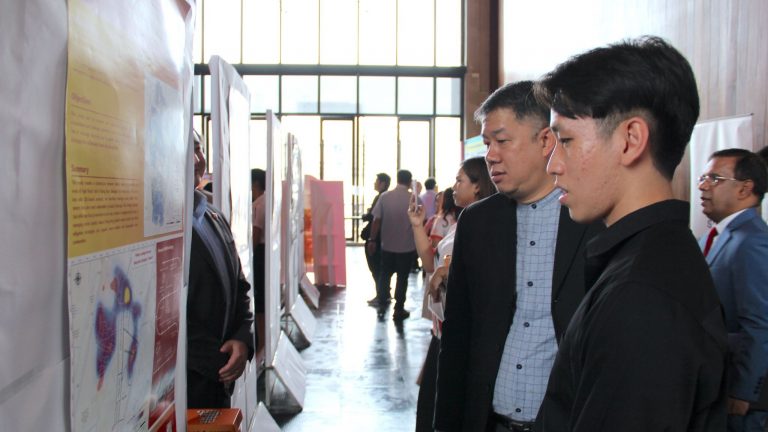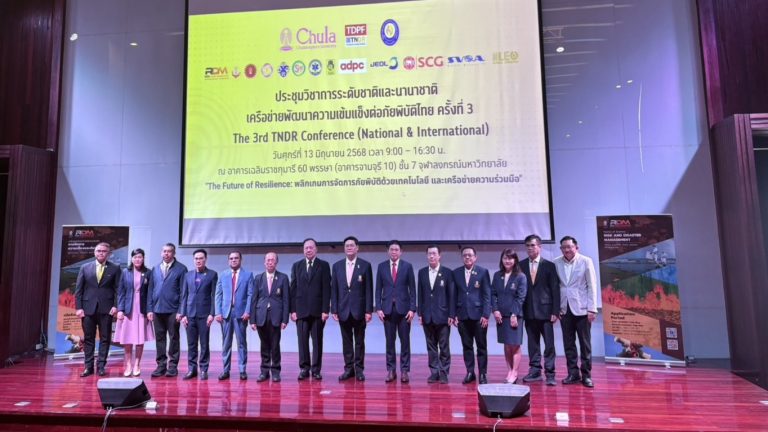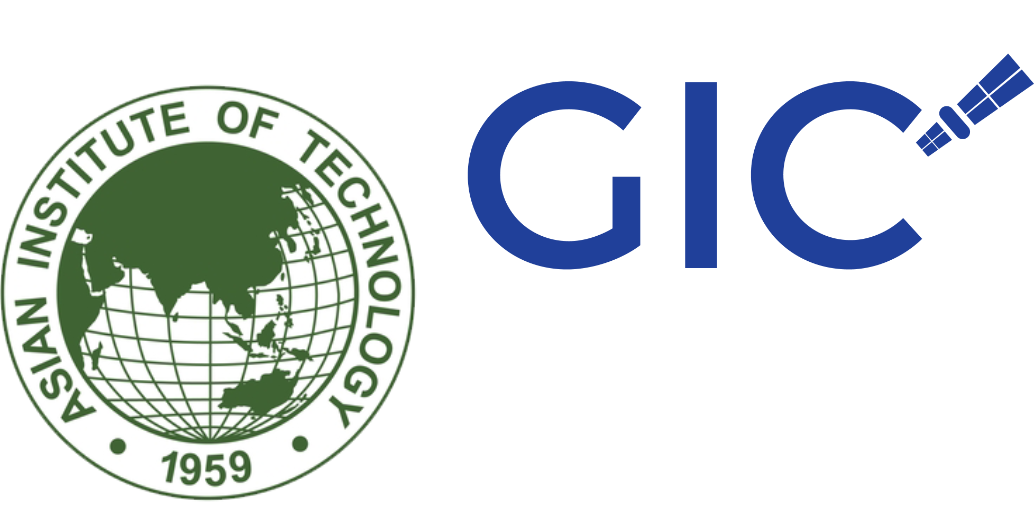
Overview
The Interdisciplinary Program in Risk and Disaster Management, Chulalongkorn University in collaboration with Thai Network for Disaster Resilience (TNDR) hosted the 3rd National and International Academic Conference on 13 June 2025 at the Chulalongkorn University, Bangkok. This event served as a platform for presenting research alongside leading universities and partner networks.
The conference brought together disaster management experts, researchers, public and private sector stakeholders, and academic institutions across Thailand. Under the theme “Transforming Disaster Management through Technology and Collaborative Networks”, the event served as a critical platform for knowledge exchange and strategic planning to enhance Thailand’s disaster preparedness. The event consisted of a series of oral and poster presentations on topics related to disaster risk resilience, climate adaptation and resilience, economic risk of climate and disaster, social security and climate risk, and many more.
Assoc. Prof. Dr. Thiti Bawornratnarak, Dean, Graduate School, Chulalongkorn University presented the opening remarks for the conference and highlighted the goal of the event which was to bridge academic research with practice, and to push forward knowledge and technology into real-world disaster management. Other keynote speakers were Dr. Pichit Rattakul, Chairman of the TNDR University Network and Dr. Pichet Nongchang, Secretary-General, National Institute for Emergency Medicine (NIEM).
GIC’s Role
Mr. Karun Mooksrisai, Research Associate at GIC presented a poster titled “Flood Risk from Plastic Accumulation in the Drainage System: A Case Study of Bang Bua, Bangkok” and was honored with the Best Poster Presenter award. This study explores how plastic waste accumulation in drainage canals contributes to urban flooding in Bang Bua, Bangkok using GIS mapping, field surveys, and community data.
The conference aimed to shift the national disaster management paradigm from reactive to proactive prevention. This includes leveraging digital technologies, strengthening inter-institutional cooperation, and enhancing community engagement to create a more resilient society.


